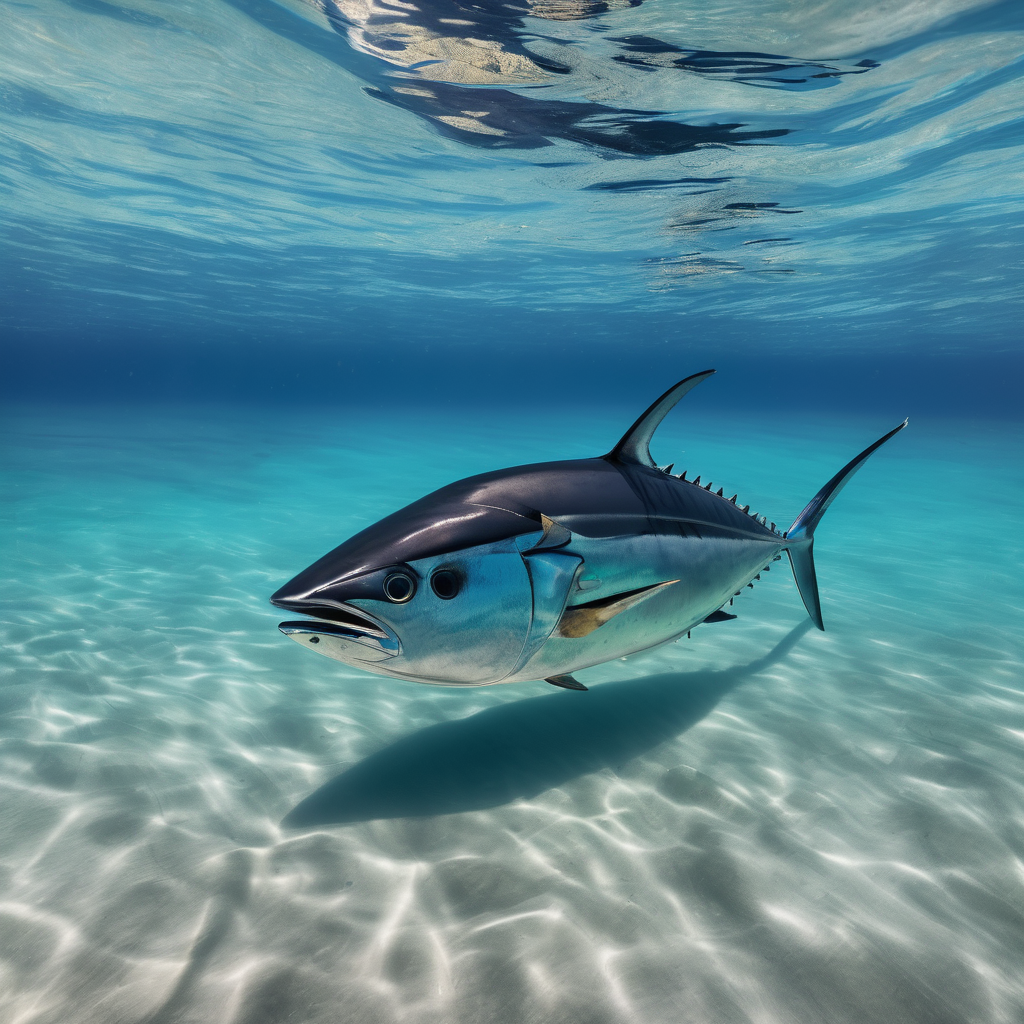Australian seafood lovers consume between 350,000 and 400,000 tonnes of seafood each year, with tuna being one of the most popular choices. However, a recent report from the Marine Stewardship Council (MSC) unveils alarming trends linked to climate change that threaten traditional fishing areas for migratory tuna species.
According to the MSC, rising ocean temperatures are causing tuna populations to migrate towards cooler waters. This shift has severe implications for nations that rely heavily on tuna fishing, particularly in the Western Central Pacific Ocean. This region, which is home to many Pacific Island countries, generates approximately US$4.9 billion annually from tuna fisheries. Fishermen from these islands, such as Rosemarie Palu from Tonga, are increasingly worried as tuna stocks continue to dwindle. Palu expressed her concern, stating that while their fishing operations might remain viable over the next decade, the long-term forecast is concerning.
“We have witnessed fish moving further away from our waters,” Palu remarked, highlighting the rising costs and challenges associated with accessing these diminishing stocks. Her husband, Eddie Palu, shared her apprehension, predicting a drastic reduction in tuna availability over the next two to three decades, primarily due to climate change. The changing behavior of tuna means longer fishing trips are required, leading to increased fuel costs that fishermen must bear.
The economies of many Pacific Island nations are heavily reliant on tuna, and the ongoing decline in stocks could result in significant economic challenges. The MSC underscores the urgent need for cooperative management among nations to adapt and ensure the sustainability of tuna fisheries moving forward.
Bill Holden, MSC’s global head of tuna, pointed out that shifts in tuna populations could disrupt fishing patterns that have been established for generations. He noted that while climatic events such as El Niño and La Niña have traditionally influenced tuna migration, the added pressure of climate change is intensifying these issues.
Joe Zelasney, manager of the Common Oceans Tuna Project, highlighted the critical necessity for collaboration among governments and regional organizations, stressing that food security and the livelihoods of small island states are in jeopardy. Lauren Koerner, MSC’s data science manager, cautioned that existing fishing quotas will need to evolve as tuna stocks relocate into new jurisdictions.
The study, which was published in the journal Cell Reports Sustainability, stresses the urgent need for nations and organizations to redefine management boundaries to promote sustainable tuna fishing practices.
In a broader context, there is a positive trend in the Pacific Islands, exemplified by a recent US$107 million grant from the Green Climate Fund aimed at assisting fourteen Pacific countries in adapting their economies to the effects of climate change on tuna migratory patterns. This funding indicates a significant commitment from governments to protect the fishing livelihoods that are critical to many island nations.
The resilience and collaborative efforts among Pacific countries represent a hopeful path forward in tackling climate challenges, providing a framework for sustainable fisheries management and economic stability despite the warming ocean.
